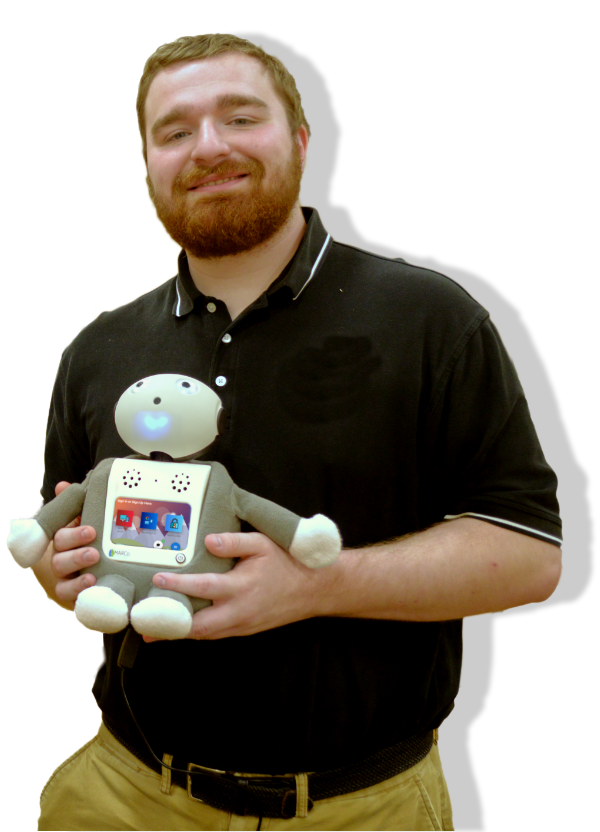
Access to quality mental health care remains a significant challenge, particularly in underserved communities. Artificial intelligence (AI) is emerging as a promising solution to address this gap. AI-powered mental health screening tools can help doctors screen large numbers of patients and identify potential mental health concerns early on, leading to timely diagnosis and intervention.
How AI-powered Mental Health Screening Works
AI-powered mental health screening tools typically use natural language processing (NLP) to analyze patient data, such as electronic health records (EHRs), social media posts, and self-reported symptoms. NLP can identify patterns in language that are associated with various mental health conditions.
For example, an AI-powered screening tool might be able to identify a patient who is at risk for depression by analyzing their use of words such as “sad,” “hopeless,” and “worthless.”
Early Diagnosis with AI
AI-powered mental health screening offers a number of benefits, including:
- Increased access to care: AI-powered screening tools can be used to screen large numbers of patients for mental health concerns. This can help to identify patients who may not otherwise seek out care.
- Earlier diagnosis: AI-powered screening tools can help to identify potential mental health concerns early on, leading to earlier diagnosis and intervention. This can improve the chances of successful treatment.
- Improved accuracy: AI-powered screening tools can be more accurate than traditional screening methods. This is because they can analyze large amounts of data that would be difficult for a human clinician to review.
- Reduced costs: AI-powered screening tools can help to reduce the costs of mental health care. This is because they can be used to screen patients more efficiently and effectively.
A recent study by the World Health Organization (WHO) found that one in four people will experience a mental health condition at some point in their lives. However, only one in three people with a mental health condition receive treatment.
The lack of access to mental health care is a major problem. In the United States, for example, there is a shortage of over 200,000 mental health professionals.
AI-powered mental health screening tools have the potential to help address the gap in access to mental health care. AI systems could help providers go through these data resources and collect clinically actionable targets that will improve patient care.
“By doing that, we may be able to offer more personalized and preventive care. And hopefully, we can approach these mental illnesses in a more targeted way,” said Dr. John Torous, director of the Digital Psychiatry Program at Beth Israel Deaconess Medical Center.
Talk to your Doctor
AI-powered mental health screening is a promising new tool that has the potential to improve access to mental health care. As AI technology continues to develop, we can expect to see even more innovative and effective ways to use AI to improve mental health outcomes.
- Talk to your doctor about AI-powered mental health screening.
- If you are concerned about your mental health, take an online mental health screening test.
- Support organizations that are working to develop and implement AI-powered mental health screening tools.
You may also be interested in: MARCo – Your Mental Health Companion
Meet MARCo – Your Ultimate Mental Health Ally
You don’t ever have to face your mental health struggles alone. Unlike basic mental health apps that focus on only one area of your mental health, MARCo is a Mental Health Assisting Robot Companion that takes care of all aspects of your mental well-being. Whether you’re battling anxiety, seeking solace in an existential crisis, or just need a mood boost, MARCo is your 24/7 companion.
Don’t face mental health challenges alone — bring MARCo into your life today!




